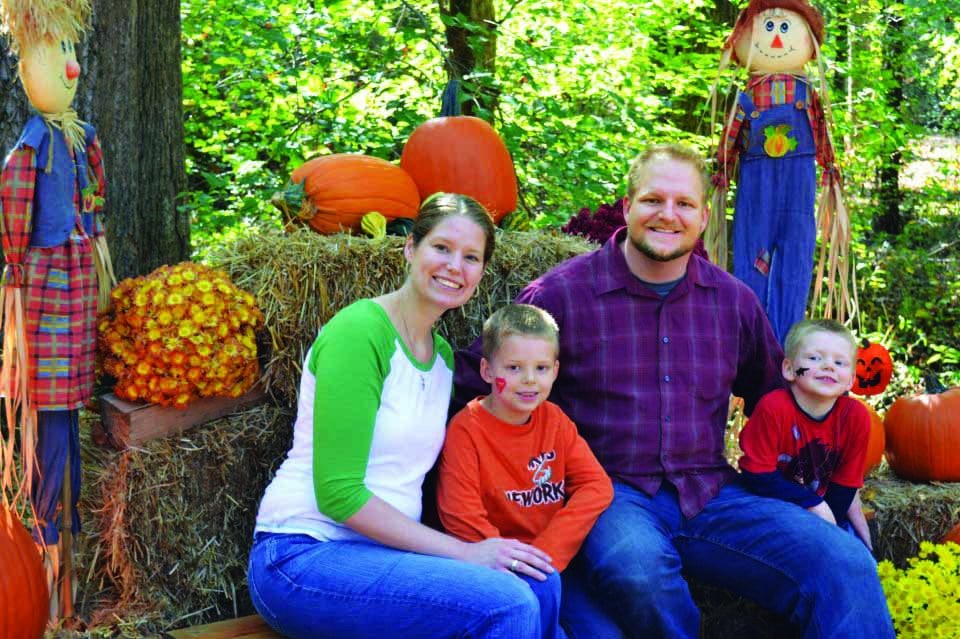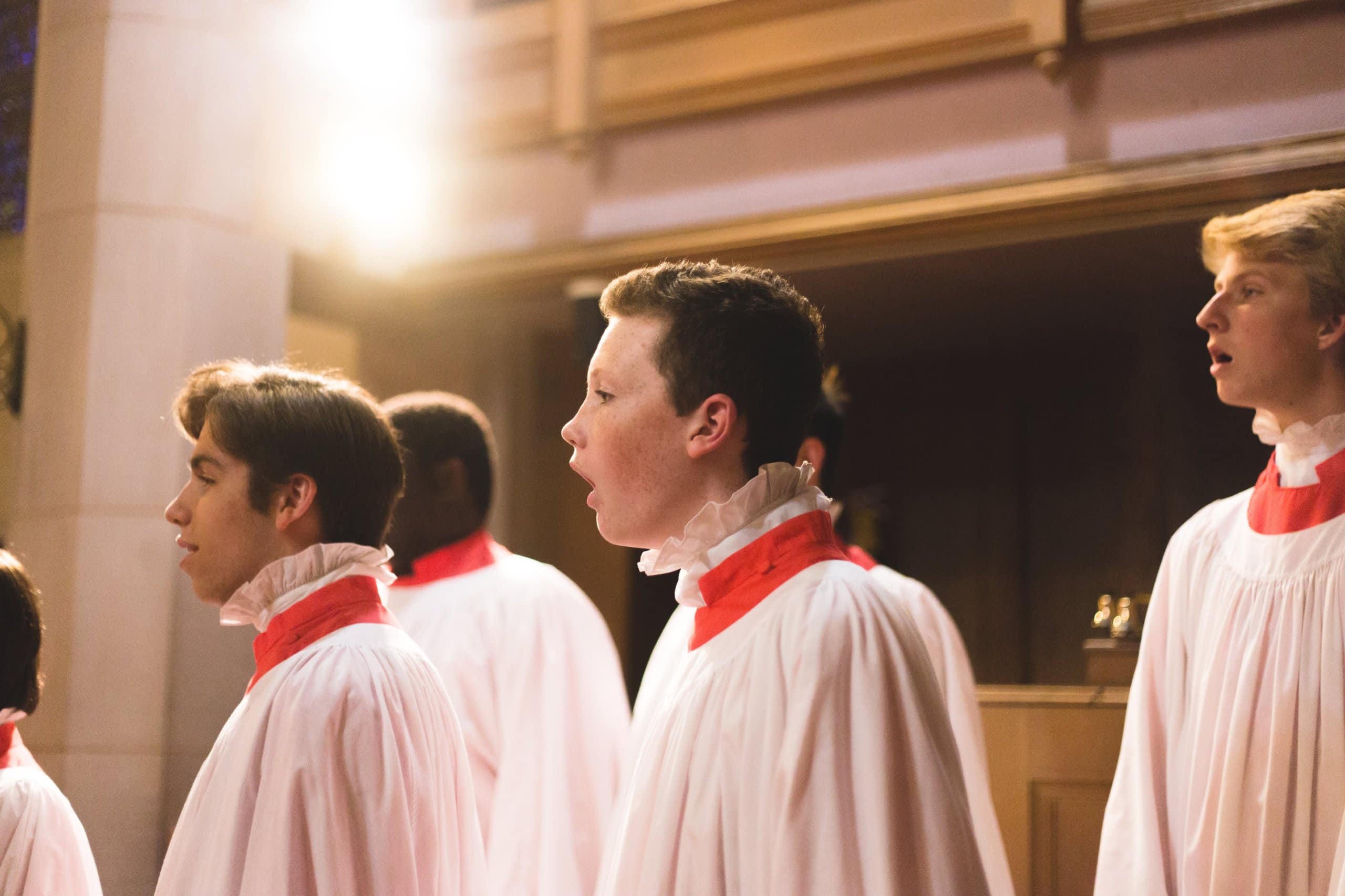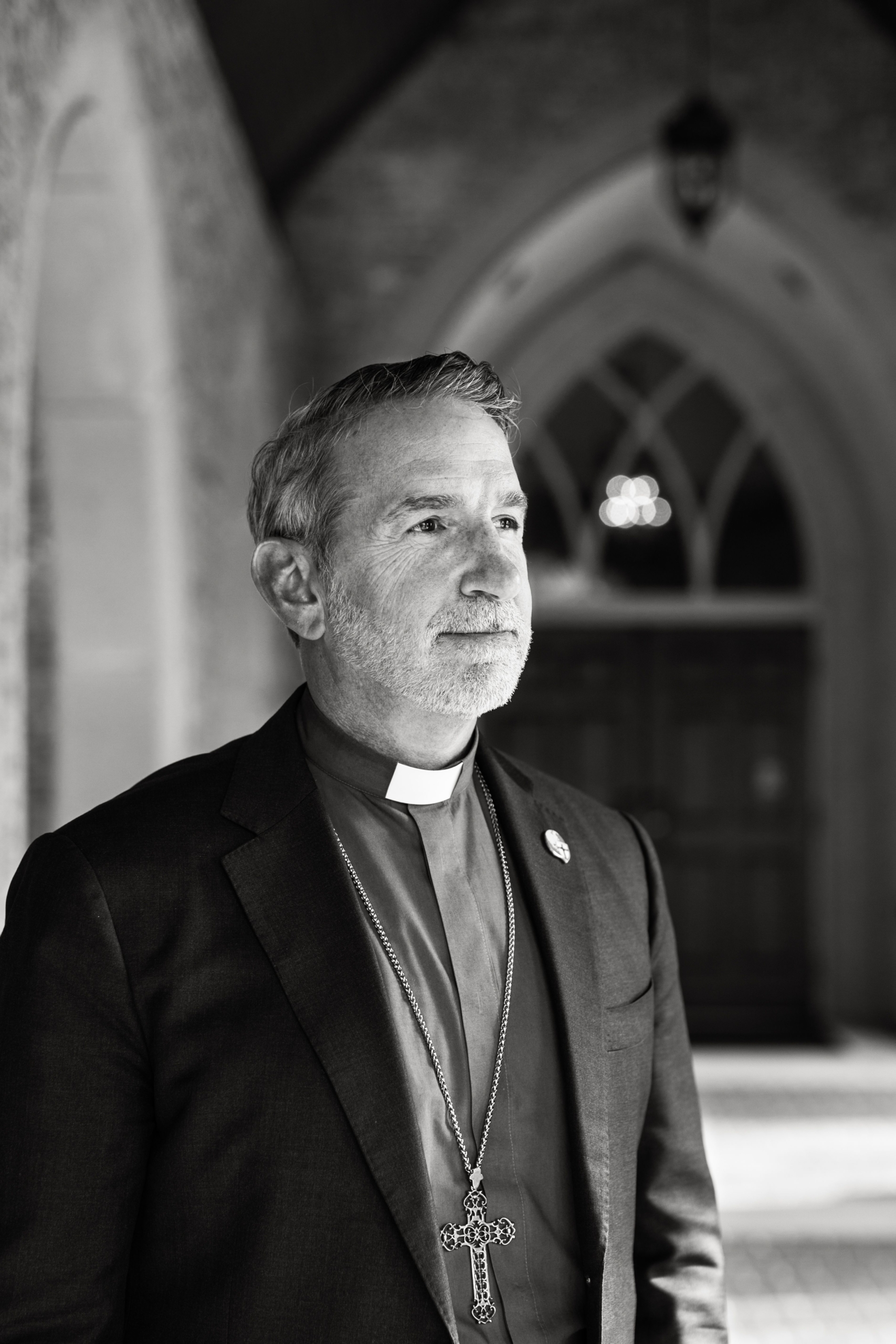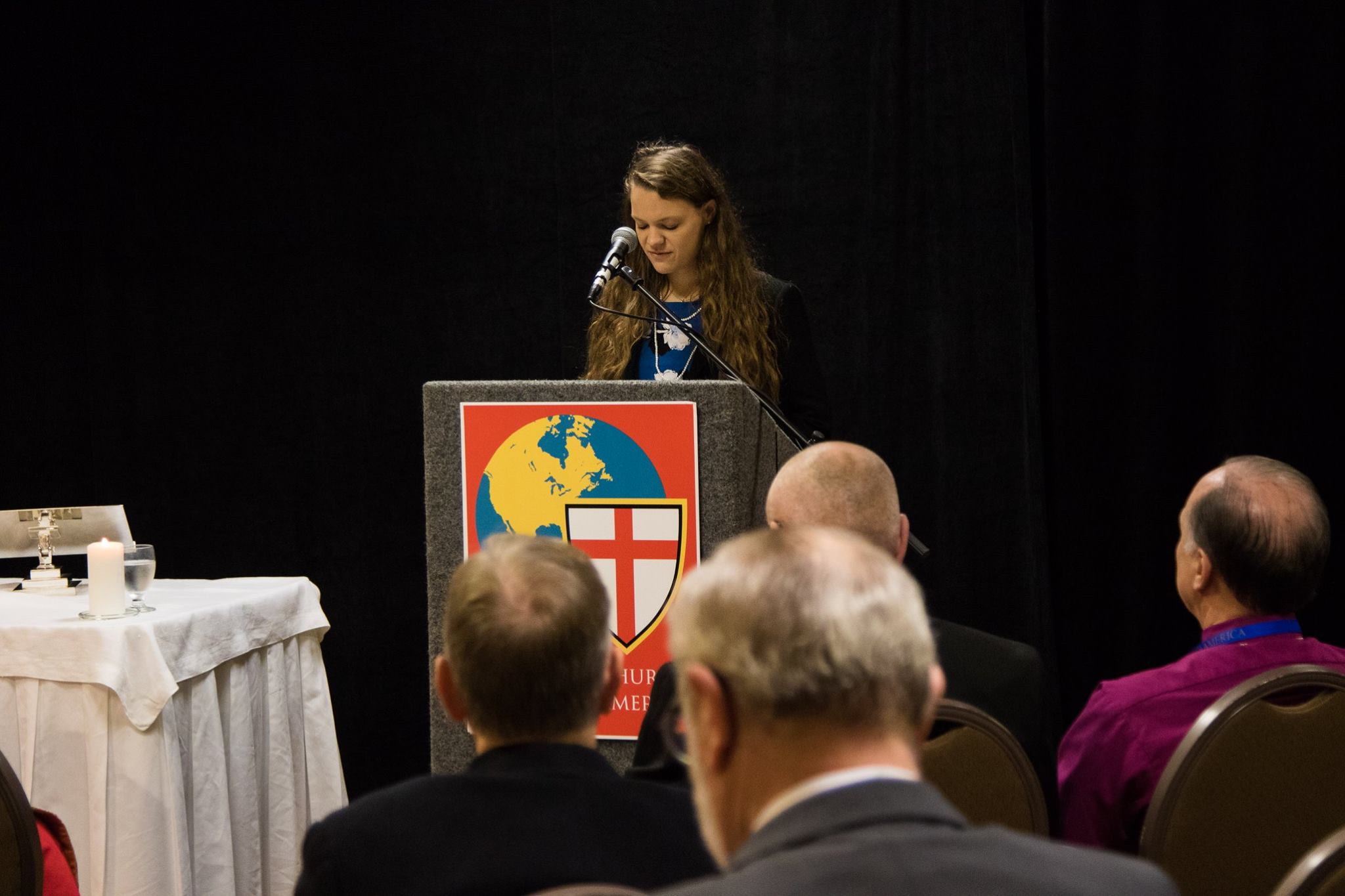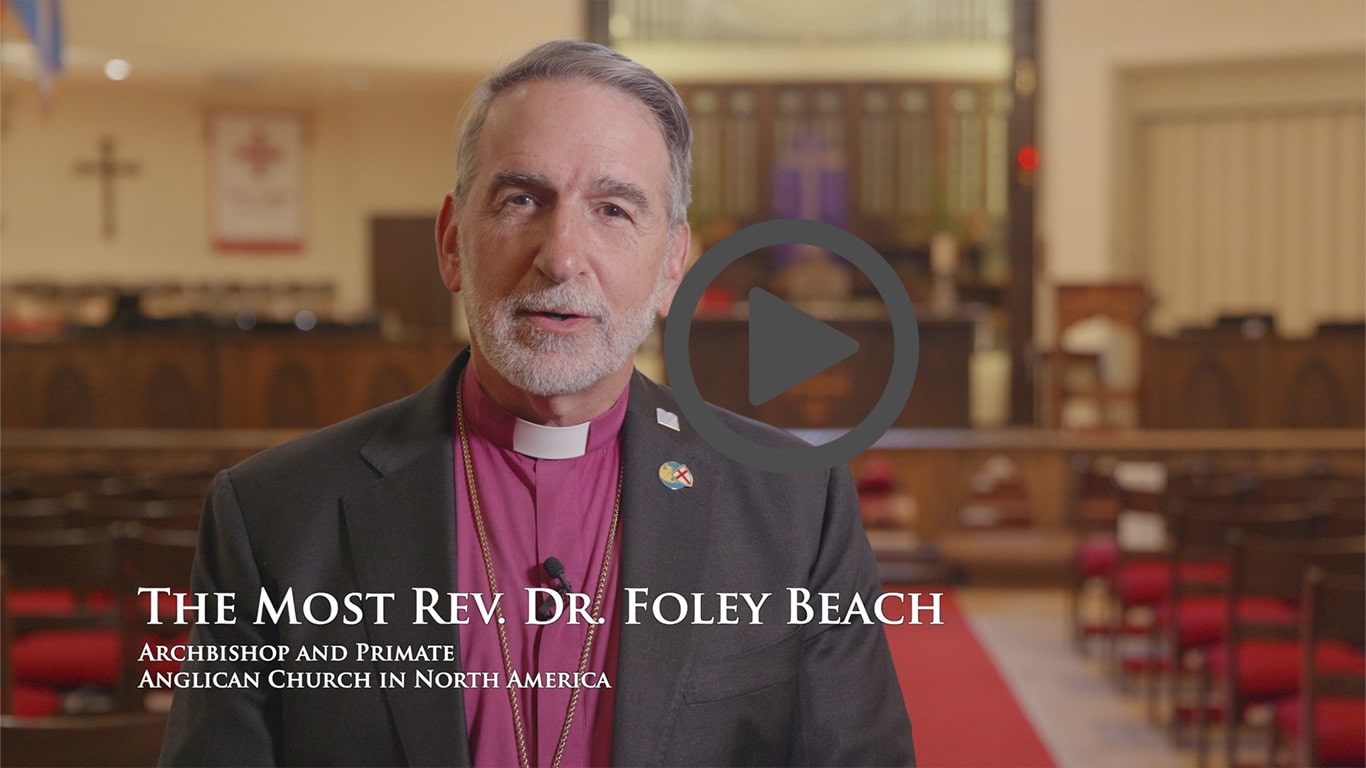Our young Province has taken amazing strides in church planting in the first years of our existence. Not only have we planted almost 500 churches, but an understanding of the importance of planting is now common within our ranks.
Through the shared efforts of the Province in Anglican 1000, faithful bishops and leaders in their individual dioceses, and gritty church planters on the local level, it is difficult to walk in our circles for very long without realizing that church planting is essential to who we are as an Anglican movement in North America. Creating that awareness and buy-in to the vision of planting is no small accomplishment, and one of which we should be quite proud.
With age comes maturity (hopefully) and just as our Province and Dioceses are growing up with regard to our systems, organization, and relationships, so are our efforts in church planting. We have added to our awareness and initial youthful zeal, practical experience and we are now seeing the early sprouts of planting support systems that will allow future planters to be better equipped and cared for in their work. We are progressing in our efforts to not only do the work of planting, but to do it with intentionality, efficiency, and increasing effectiveness.
As we head into this new adolescence of our church planting movement, there are two concepts that must shape our steps together: collaboration and subsidiarity.
COLLABORATION
Collaboration means that we believe we can do this work better together than we can on our own. Collaboration is marked with generosity where the wisdom and practical tools that are being forged in the workshops at each level of our movement provincial, diocesan, and local- are shared freely with others who need them. Collaboration is defined by a corporate sense of victory where a healthy church planted by a healthy church planter in any corner of our Province is seen as a win for us all. Collaboration is practical, it is relational, and for it to be a reality it must be intentional.
SUBSIDIARITY
The concept of subsidiarity, simply stated, is letting each sphere of our organizational structure do well what only it can do best. As opposed to a top-down model in which policy and procedure is dictated at high levels and enforced locally, subsidiarity with regard to church planting calls for the Province to be a servant of the diocese, and the diocese a servant of the local planter; each specializing in its particular role.
In other words, the Province can’t plant churches and neither can a diocese; local churches and church planters plant churches. The role of the diocese is to help create an environment that facilitates the health and effectiveness of the planter in their work through relational and organizational support. The role of the Province, then, is to help facilitate the collaboration of our local planters and various dioceses throughout North America to provide a platform for these creative leaders to share their work with others in order that it might benefit the whole.
The Province can also help catalyze new initiatives and resources that a single diocese may not have the means or muscle to bring to fruition, but through the collective work of the whole can be accomplished in a way that serves planters on a large scale. The whole truly is greater than the sum of it’s parts.
CHURCH PLANTING
More and more we are seeing the reality of this collaboration and cooperation through subsidiarity happen throughout our Province. In December, through the initiative of the Province, 30 planting leaders from multiple dioceses and networks gathered in Atlanta for an Anglican Church Planting Roundtable to build relationships and begin to dream about how we can work more closely together. Regional initiatives are beginning to crop up in which representatives from multiple jurisdictions in the same geographical area are working together to see more churches planted. For example, Rev. Shawn McCain with C4SO and Canon Scott Seely with CANA are both church planters in Texas and have begun to gather a coalition with members from multiple dioceses to plant 35 churches along I-35 from Austin to San Antonio. In Mobile, AL churches from PEAR-USA and the Gulf Atlantic Diocese are collaborating on a new church plant. These are just a few examples of great work spanning across jurisdictional lines.
At the provincial level we are seeking new creative ways to facilitate this collaboration and enhance the work of the dioceses in support of the local church planter. We are exploring the feasibility of a planter residency/internship to assist dioceses in their leadership pipeline and planter training. We are working in conjunction with Asbury Seminary to develop a planter assessment process that will be made accessible to our dioceses. We are creating a website for Anglican church planting resources to facilitate dissemination of ideas and tools. Solutions for core systems such as assessment, training, coaching and support are in the works. And much, much more.
It truly is an exciting time to be a part of church planting in the Anglican tradition. Relationships are being strengthened. Churches are being planted. What’s even more exciting is that we are doing it together as Christians, as missionaries and as fellow Anglicans. May the Lord continue to bless our endeavors!
By the Rev. Canon Dan Alger
